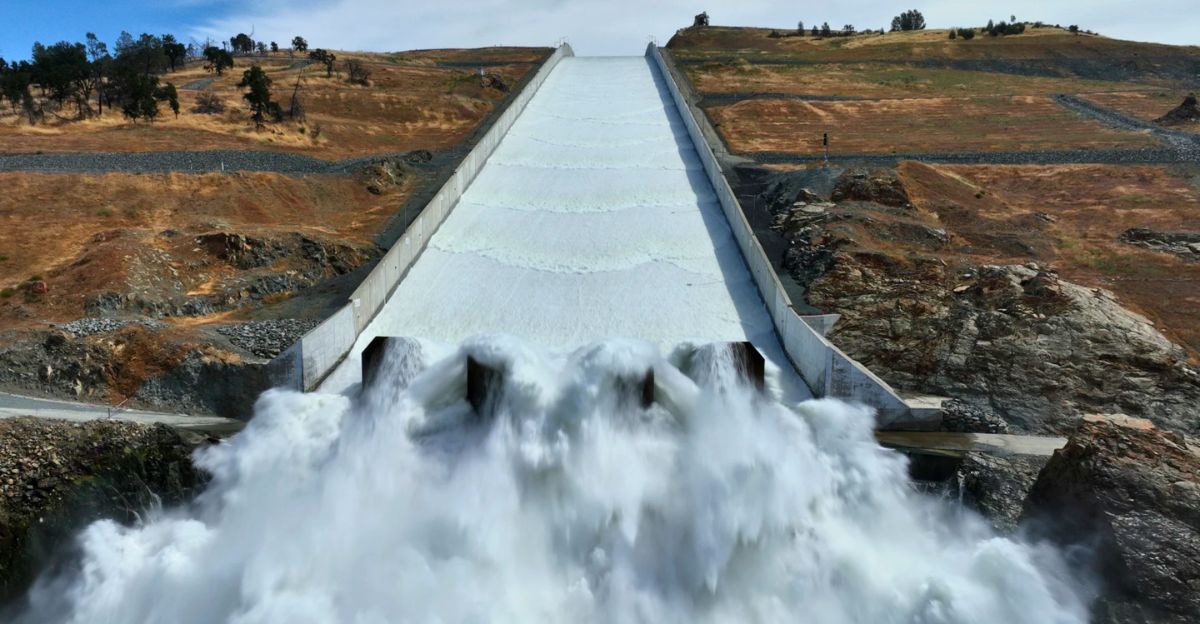
Los Angeles recently flushed billions of gallons of water to prevent flooding. But 500 miles to the east, historic springs are drying up. Endangered pupfish, “desert mermaids”, are struggling to survive. Is urban water security coming at the expense of ecological catastrophe?
The Water Release Controversy
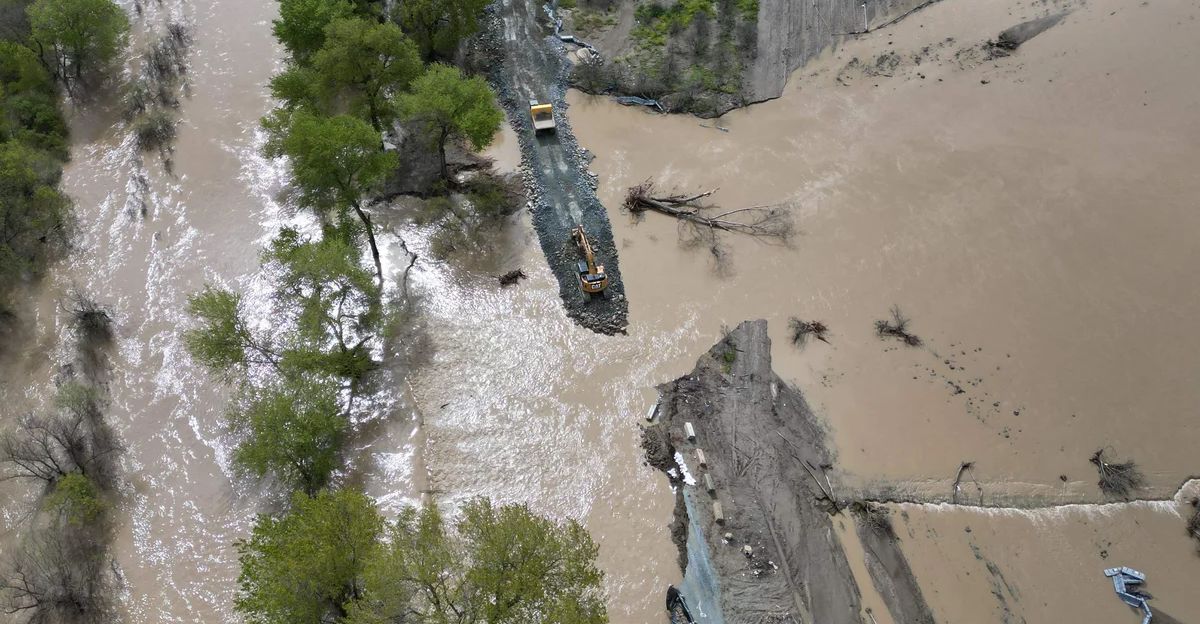
Following intense rainfall, California officials released water from reservoirs to avert floods. But this water, previously secured for farms and wildlife, is now squandered into the ocean. In the desert, wildlife suffers as springs run dry.
The Pupfish Crisis
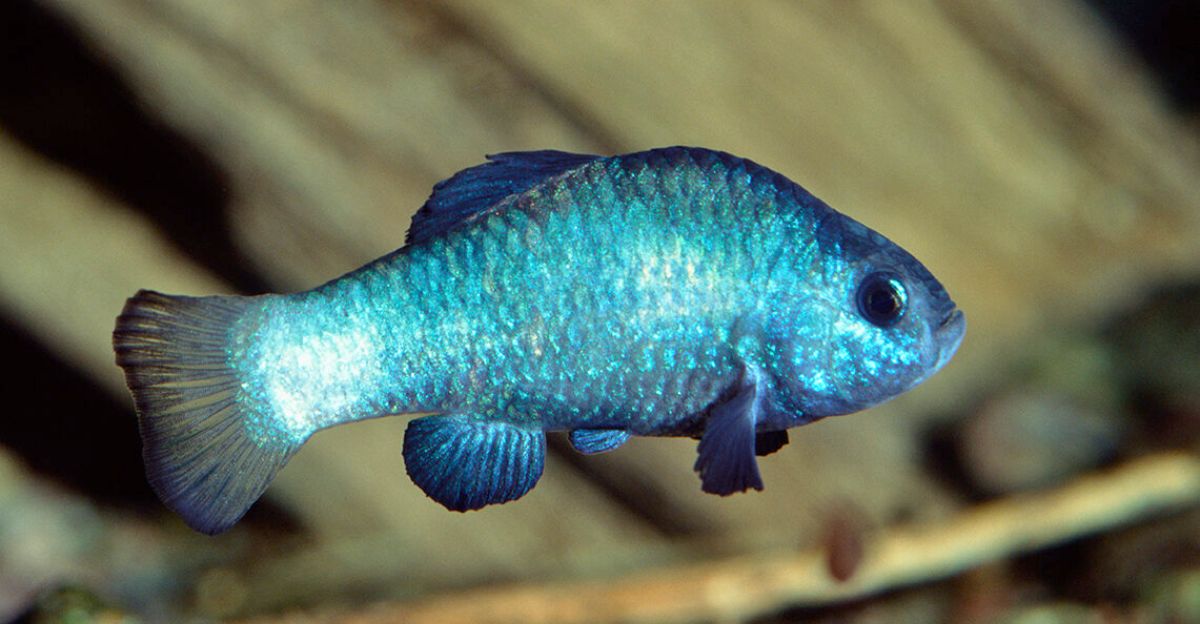
The Pupfish dates back to the Ice Age and survived by adapting in the severe desert environment. It’s known as a “desert mermaid” because its lives entirely on water in a couple of the driest deserts on Earth. Its last refuges are being destroyed today. Why? Diversion of water to agriculture, industry, and cities such as LA.
Urban Demand vs. Nature
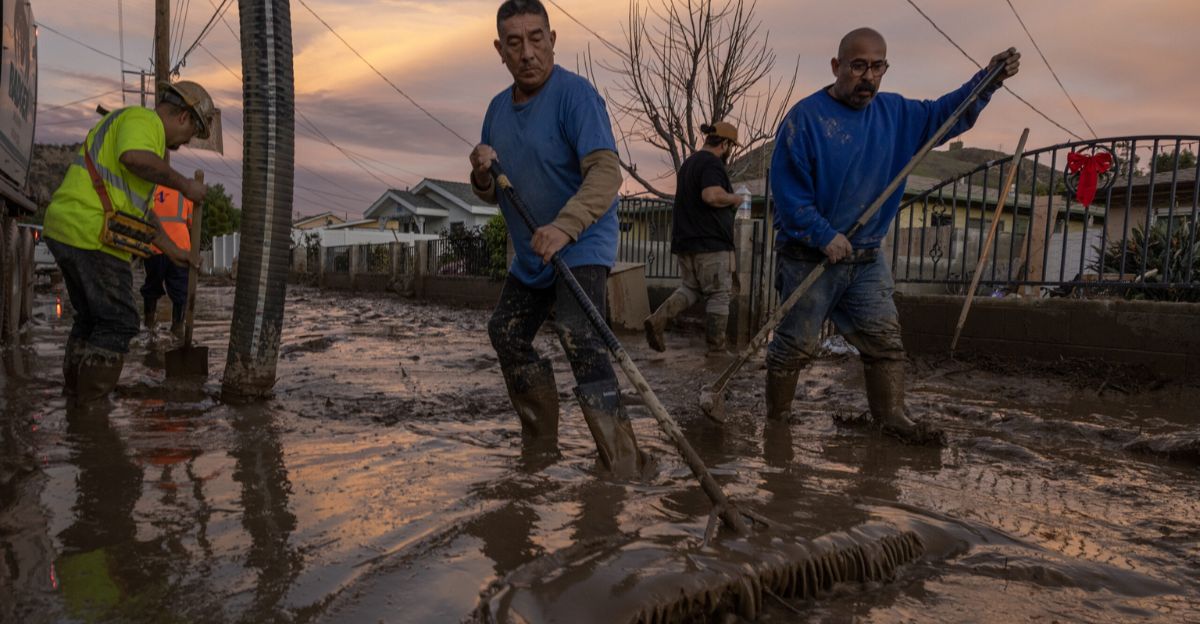
California’s increasing population demands huge water supplies. Cities want drinking water and flood protection first. But when water is diverted, distant ecosystems suffer. The fate of species like the pupfish is left hanging.
The Colorado River is Shrinking
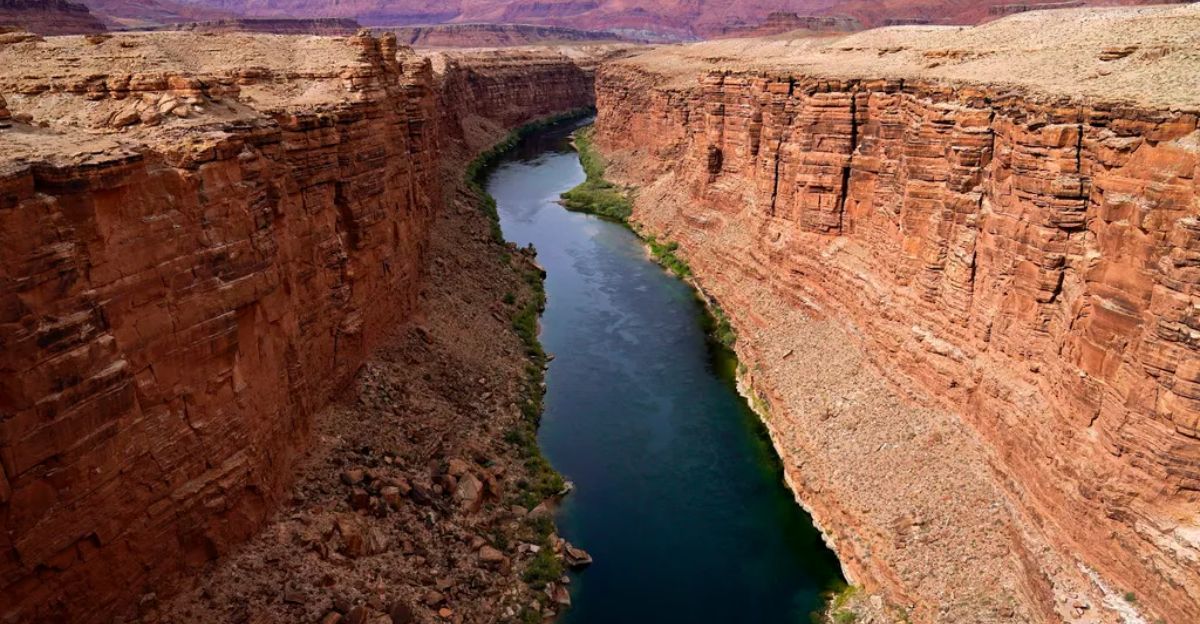
The Southwest’s lifeblood, the Colorado River, is drying up. Farmers rely on it for crops. But with dwindling snowmelt, increased diversions, and ongoing droughts, the river can’t satisfy everyone.
Farmers vs. Wildlife
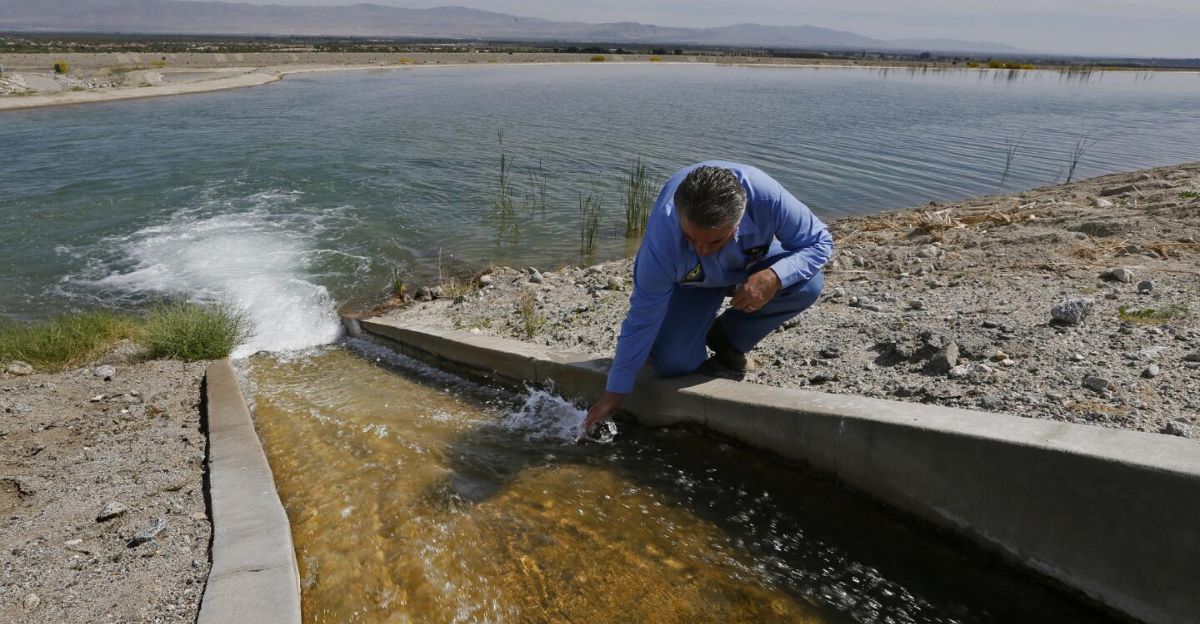
Irrigation sustains California’s $50 billion agricultural economy. But when water is removed too early, farmers aren’t able to access is later, which has damaging effects on production and livelihoods. And natural springs that depend on underground flow get chopped off completely.
The Case for Water Releases

Meteorologists claim water releases prevent disastrous floods. Rick Canepa says, “With recent rains, any additional rain will be converted to runoff.” Critics, however, contend this water should instead be saved for the future.
A Gamble on Snowmelt
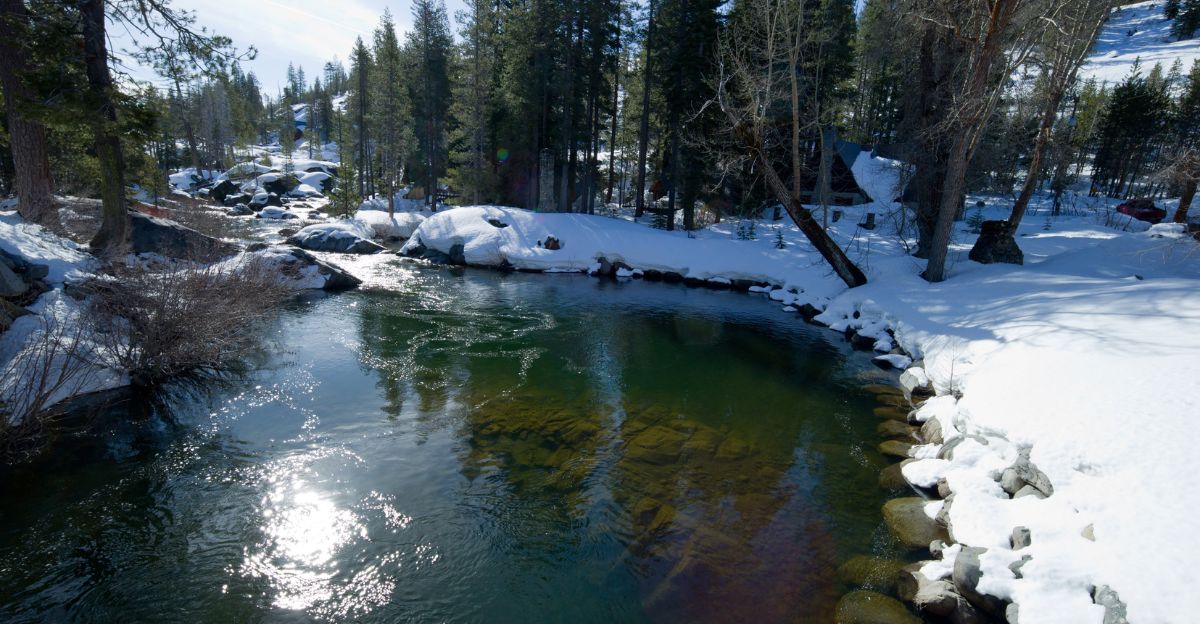
Water managers are counting on spring snowmelt to replenish reservoirs, hence the recent releases. But snow is sometimes a climatic gamble. What if there is no snow?
Government Water Restrictions
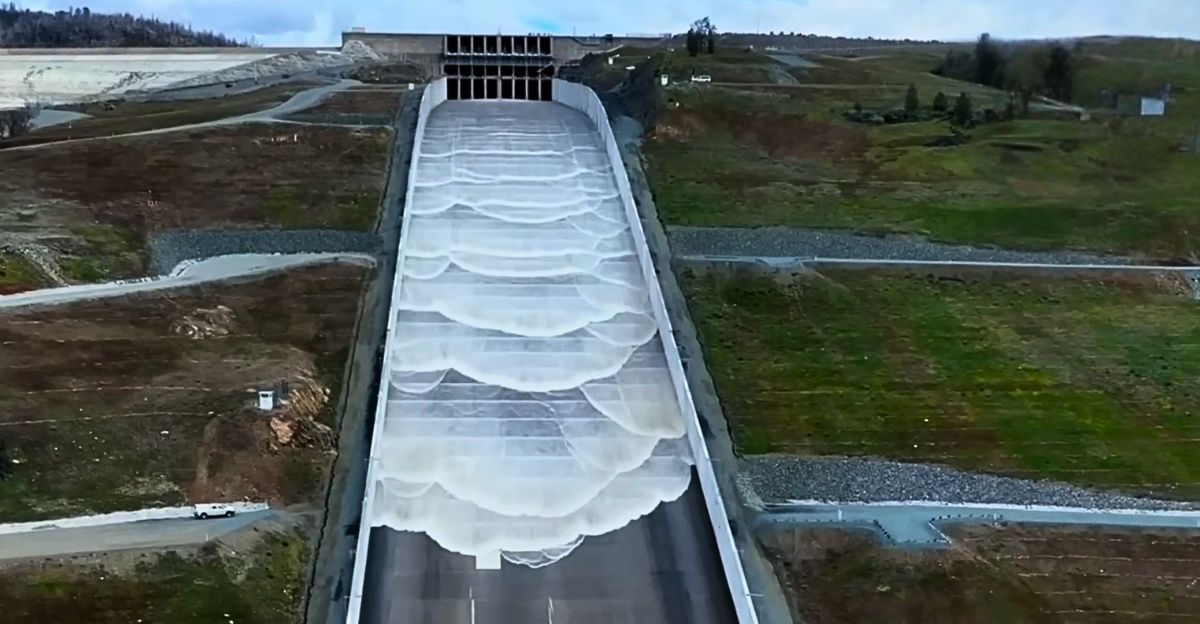
Ought the government regulate how much water we consume? Some scream “absolutely” to conserve resources. Others believe that the limitation is to be there only when there is an extreme drought.
The Bigger Picture
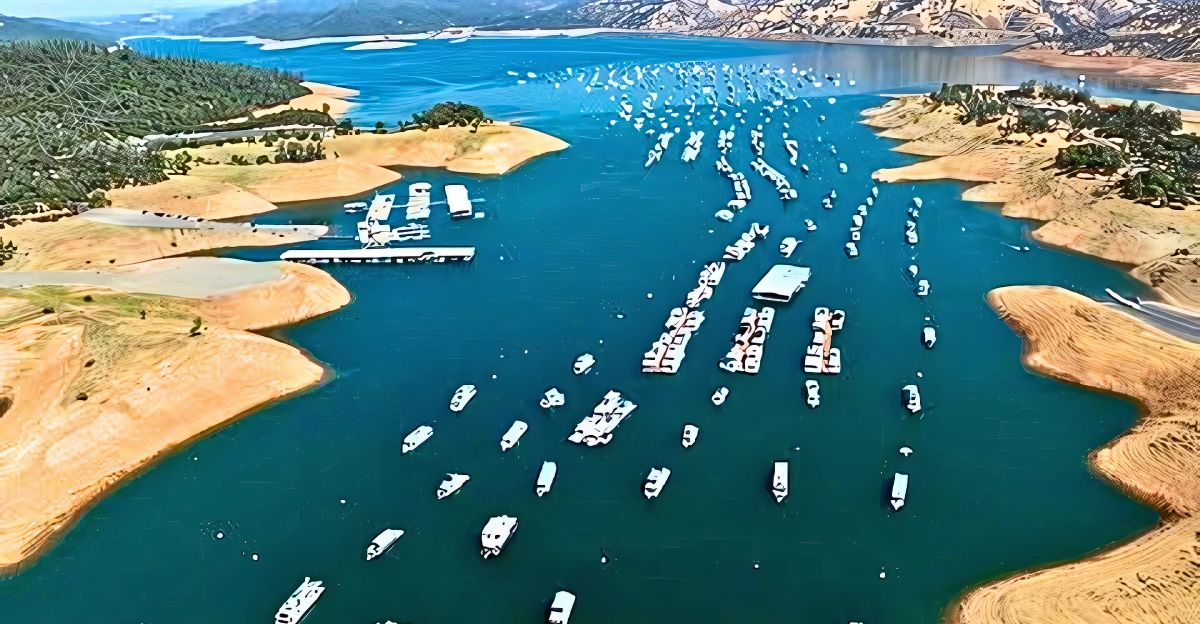
California’s water crisis is not only about pupfish or farmers: it’s about managing ecoystems and life of both people and animals. How do we provide water for people without annihilating wildlife? There are solutions, but they demand long-term planning.
Possible Solutions
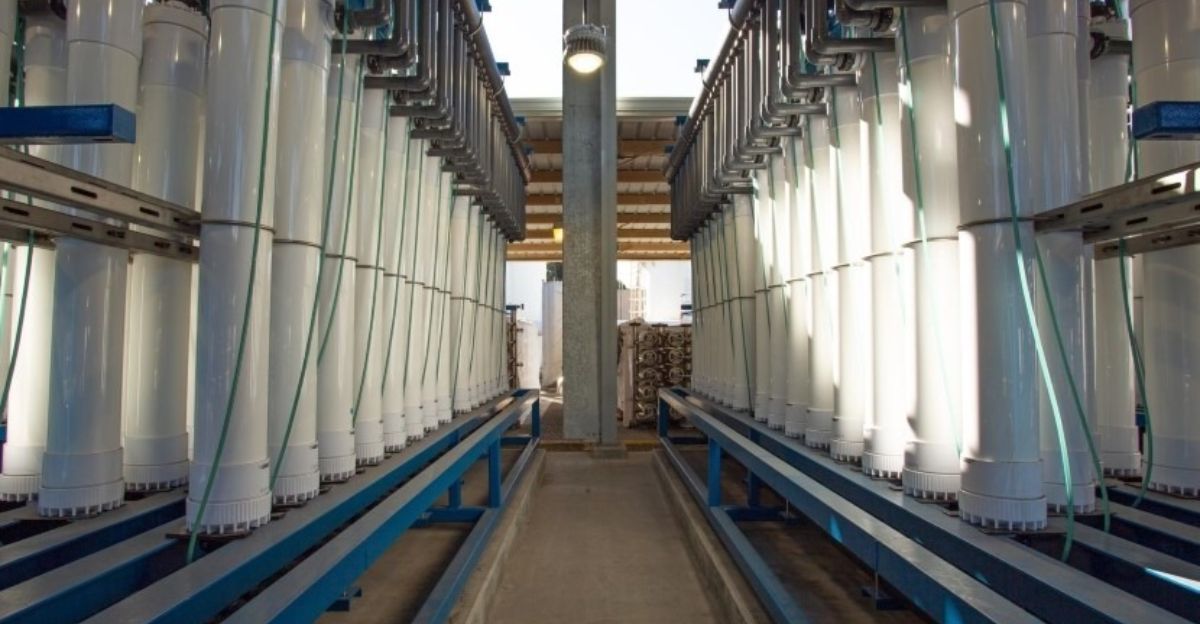
Investing in water desalination and recycling can be one possible solution. Increasing infrastructure to avoid waste might also be effective. Enhancing flood control and sound storage management could fix the problem as well as reserving and replenishing groundwater storage. A combination of all these methods could guide California to sustainability.
What’s at Stake?
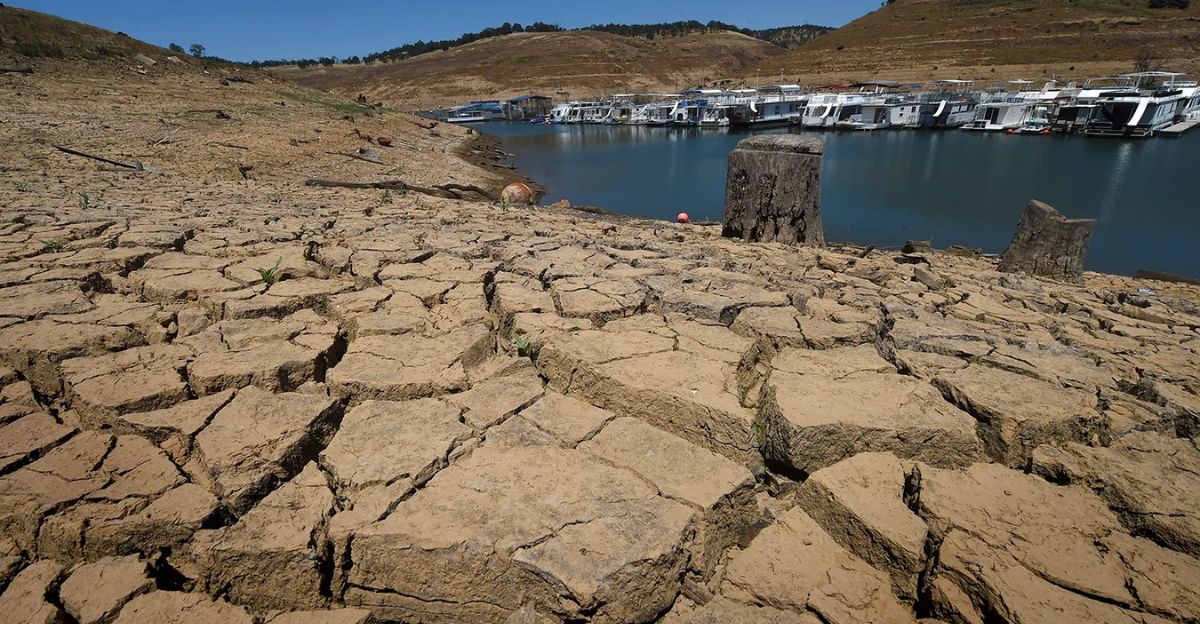
If we stay on this course, we’ll lose priceless species, hurt farmers, and endure even more severe droughts. The time to act is now, before more habitats are destroyed forever.
Water for All
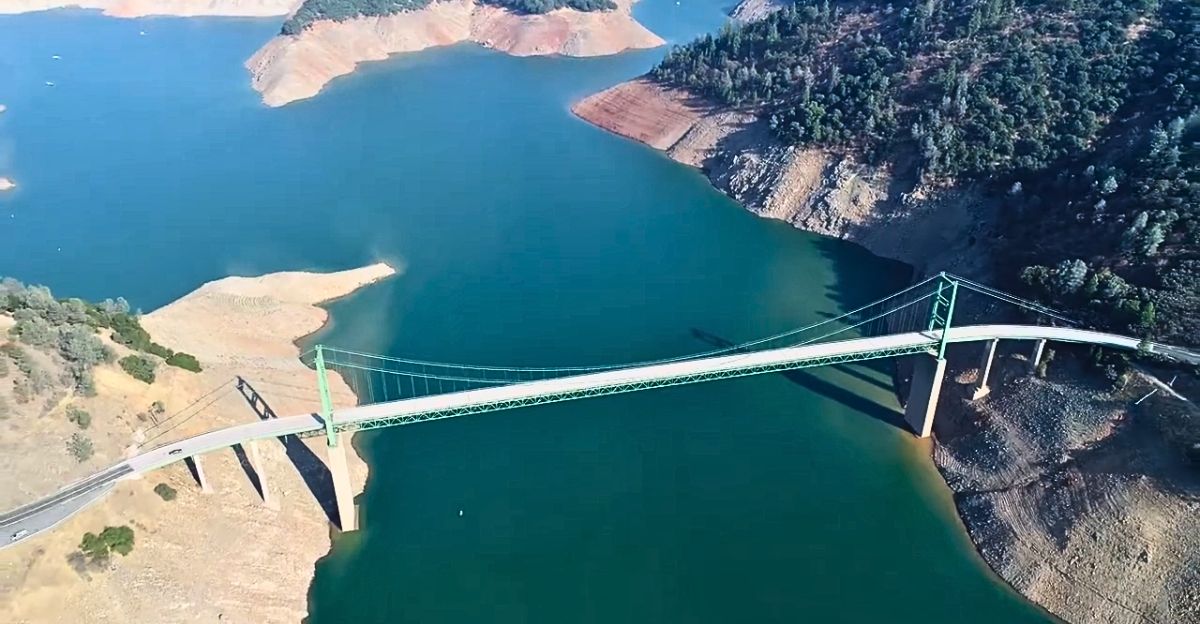
Water management is complex, but one thing is certain: Every drop counts. Can California find a way of securing its water future without sacrificing the desert’s ancient mermaids?
Explore more of our trending stories and hit Follow to keep them coming to your feed!
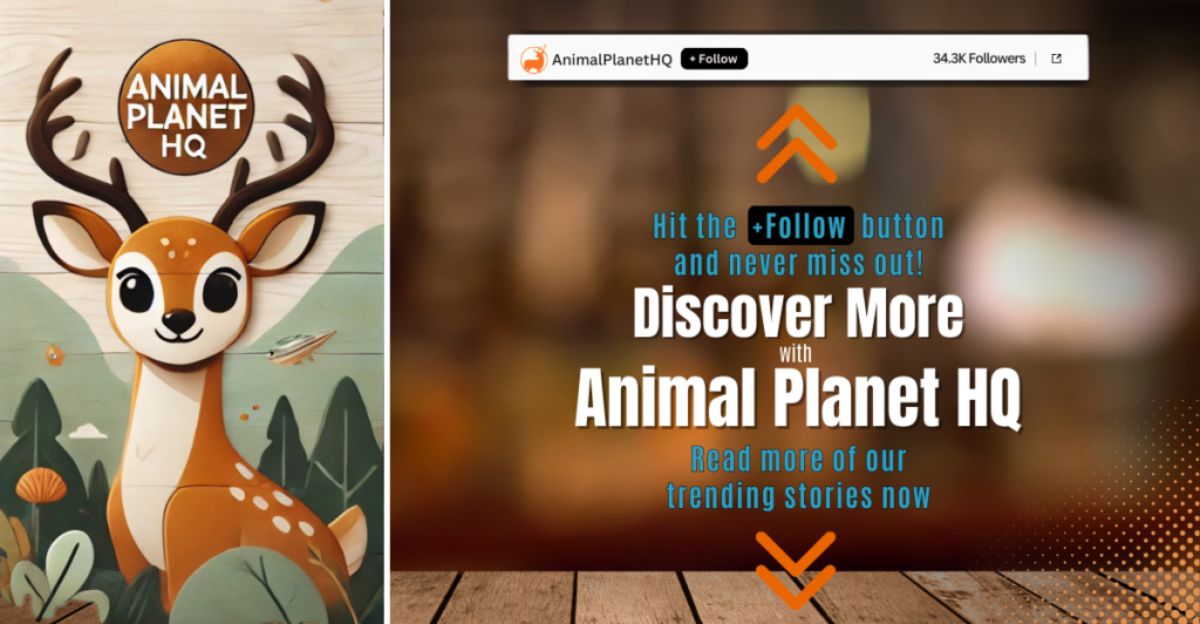
Don’t miss out on more stories like this! Hit the Follow button at the top of this article to stay updated with the latest news. Share your thoughts in the comments—we’d love to hear from you!







